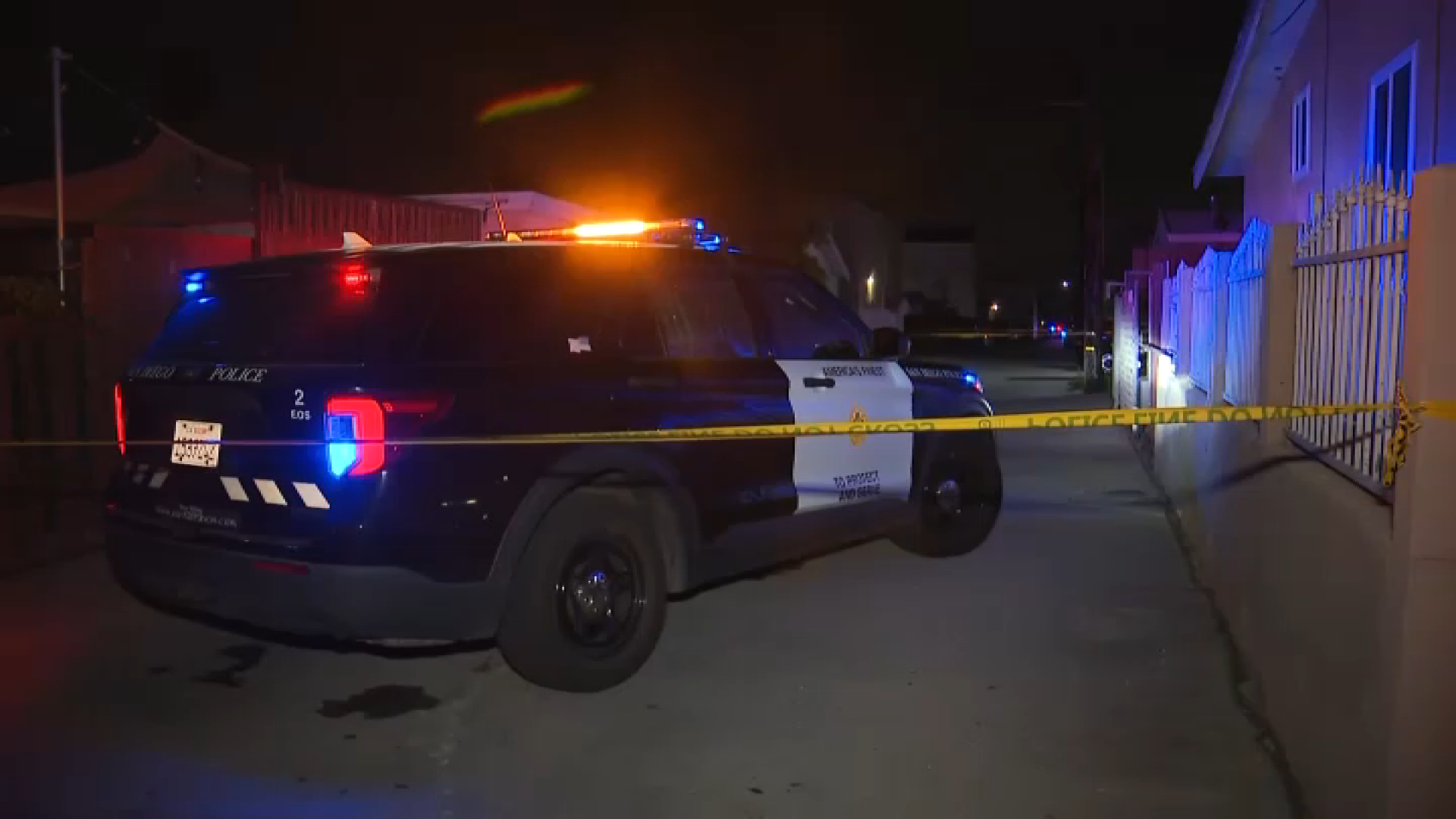Opponents say Prop 57 will release dangerous criminals back onto the streets but proponents say the ballot measure puts authority back in judges' hands.
The Public Safety and Rehabilitation Act, endorsed by California Governor Jerry Brown, would make anyone convicted of a non-violent felony and sentenced to state prison eligible for parole consideration after the completion of the full term of their primary offense.
Cornelius Bowser, of the Charity Apostolic Church, supports Prop 57 because he feels it’s important to help juveniles who are tried as adults and end up incarcerated in adult prisons. Those inmates are victimized or suffer from depression or suicidal thoughts, he said.
“We believe Prop 57 will fix that and take the authority and power out of prosecutors’ hands and place it back into the judges’ hands,” Bowser said.
San Diego Mayor Kevin Faulconer has called the measure "Prop 47 on steroids" adding the initiative will create new problems for cities across the state.
Among the crimes that would fall under the proposed ballot measure are domestic violence, hate crimes involving physical injury and assault with a deadly weapon, the mayor explained.
Marc Klaas, victims’ rights advocate and father of Polly Klaas, spoke in San Diego this summer and called Proposition 57 a “Get out of jail free card.”
Local
On his blog, he lists convictions that he says will fall under the proposed legislation.
Klaas’ 12-year-old daughter was kidnapped at knifepoint from her Petaluma home in October 1993. Her body was found 65 days later.
Since Polly’s murder, California has passed Three Strikes and Megan’s Law to keep tabs on those convicted of violent crimes.
“Should criminals convicted of human trafficking involving sex acts with a child be allowed back on the streets before serving their full sentence,” Klaas asked. “If you answered no please join Police, District Attorneys, Crime Victims and local community leaders to stop the insanity by opposing Proposition 57.”
Susan Fisher, former chair of the parole board and sister of a murder victim, has seen the system first hand.
She's concerned that violent offenders may be released because of how their crimes are categorized under the measure.
“Things like use of a date rape drug, physical child abuse, spousal abuse, those are not [considered] a serious and violent crime,” Fisher said.
"If Prop 57 passes, there are going to have to be certain rules as to how it's actually going to be applied," legal analyst Dan Eaton told NBC 7's "Politically Speaking."
"That's how you're going to have to get into what really qualifies as a non-violent felony for purposes of eligibility for early release," Eaton said.
Bowser Prop 57 encourages prisoners to go through rehabilitation programs.
"We want them to be released into our society safely," Bowser said.
There is no guarantee, he said, because inmates must go through education and training programs to prepare them for success outside prison walls.
"Anybody can do a program, that doesn't make them rehabilitated," Fisher argues.
Read more on the ballot measure here.



